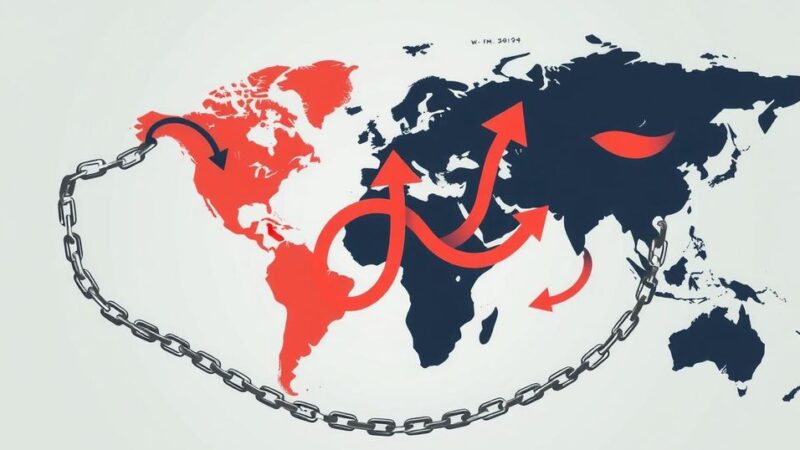The International People’s Tribunal in The Hague declared Indonesia responsible for crimes against humanity in connection with the mass killings of 1965-1966, which resulted in the deaths of 500,000 to one million suspected communists. The tribunal criticized the state for a range of human rights violations and called for an official apology, investigations, and reparations for victims.
In a landmark declaration made on July 20, 2023, the International People’s Tribunal, convened in The Hague, has officially held Indonesia accountable for crimes against humanity stemming from the mass killings that occurred between 1965 and 1966. During this period, it is estimated that between 500,000 to one million individuals, predominantly suspected members and sympathizers of the Indonesian Communist Party (PKI), were killed in a state-sponsored purge. This tragic sequence of events facilitated the ascendance of the New Order regime under former President Suharto. The panel’s final verdict outlined ten severe human rights violations committed by the state, specifically targeting PKI members, their followers, and supporters of the ousted President Sukarno. Judge Zak Yacoob, who presided over the proceedings, pronounced, “The State of Indonesia is responsible for and guilty of crimes against humanity consequent upon the commission and perpetration, particularly by the military of that state through its chain of command, of the inhumane acts.” The tribunal identified numerous offenses, including genocide, torture, forced disappearances, and sexual violence, all systematically executed as part of a broader assault on the communist party and its affiliates. Judge Yacoob added that these actions were initiated through a campaign of misinformation aimed at discrediting PKI members. His remarks emphasized the state’s duty to prevent and punish the perpetrators of these crimes, stating, “To the extent that some crimes were committed independently of the authorities, by so-called ‘spontaneous’ local action, this did not absolve the State from the obligation to prevent their occurrence and to punish those responsible.” In the conclusion of the tribunal’s statement, Judge Yacoob called upon the Indonesian government to formally apologize to the victims, survivors, and their families. This was accompanied by recommendations to investigate and prosecute those involved in the atrocities and to provide satisfactory reparations and rehabilitation for the survivors of the purge. The tribunal underscored the urgency for relevant authorities to act promptly, urging the Attorney General to pursue prior recommendations made by the National Commission of Human Rights relating to these grave violations.
The mass killings in Indonesia from 1965 to 1966 represent one of the most severe instances of state-sanctioned violence in the 20th century, resulting in a significant death toll related to the anti-communist purge that followed the failed coup attempt in 1965. The Indonesian military, with support from the government, systematically targeted perceived communists, which encompassed not only PKI members but also individuals associated with leftist ideologies. The events starkly illuminate the political climate of the time, which was marked by extreme anti-communist sentiment and the establishment of the New Order regime under Suharto, which lasted for over three decades.
The ruling by the International People’s Tribunal serves as a pivotal acknowledgment of Indonesia’s historical injustices during the mass killings of 1965-1966. Furthermore, it emphasizes the importance of accountability and the necessity for reparative actions to address the grievances of the victims and their families. The tribunal’s recommendations not only advocate for an official apology but also highlight the critical need for an exhaustive investigation into the crimes committed and the legal repercussions for those responsible. This declaration may stimulate further discourse regarding human rights protections in Indonesia and the imperative of confronting historical atrocities.
Original Source: jakartaglobe.id







